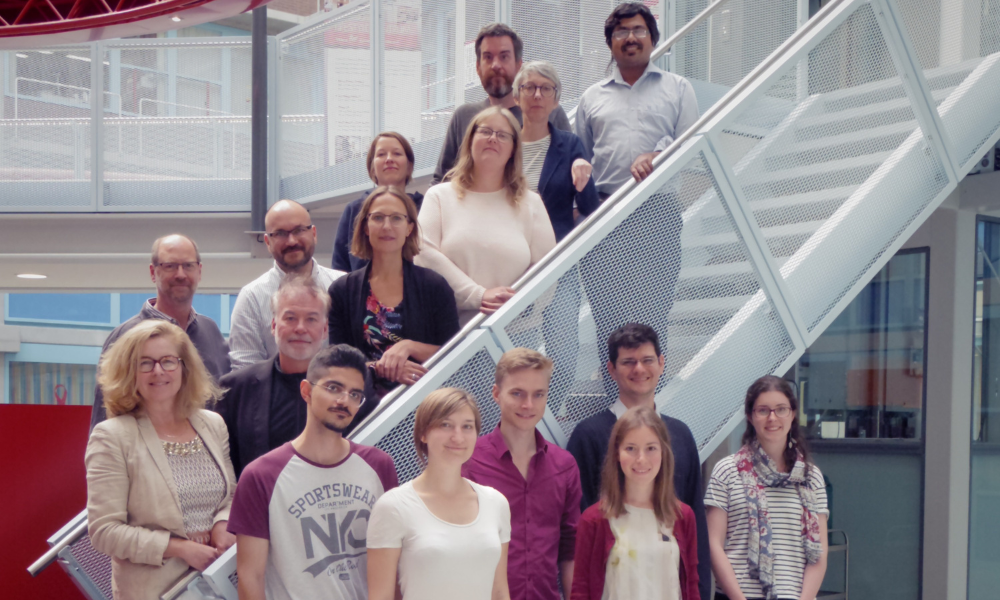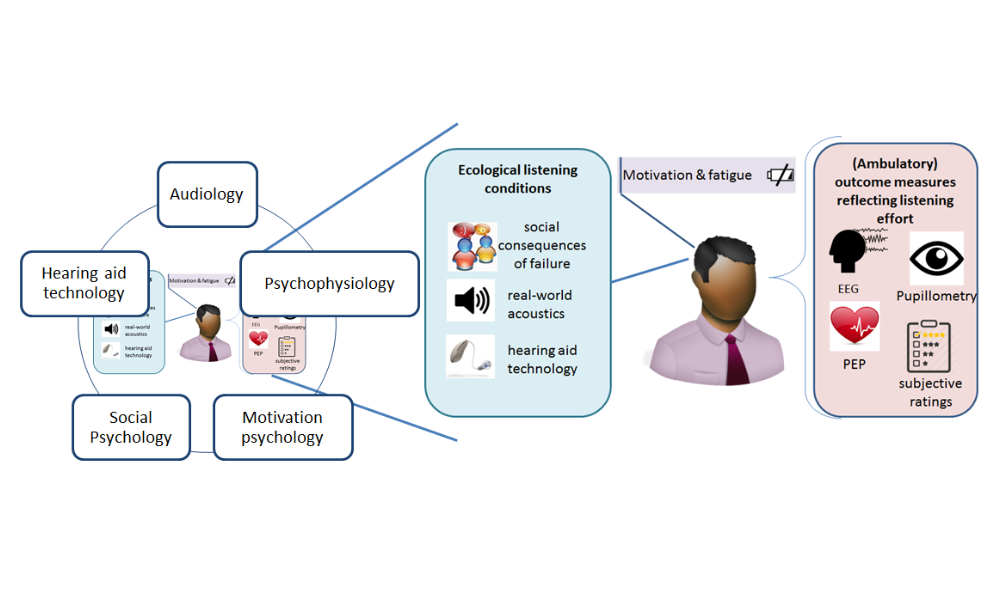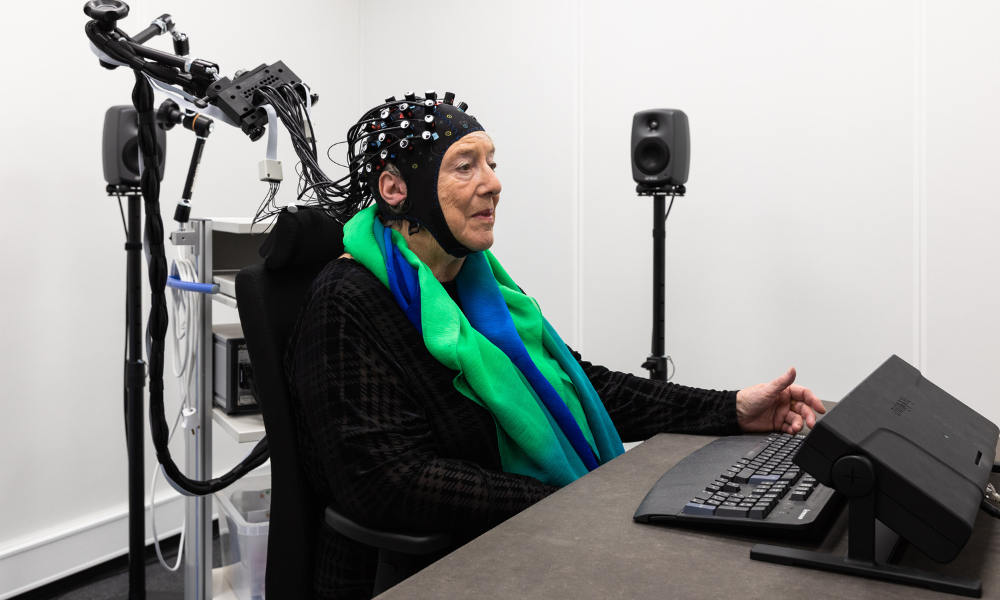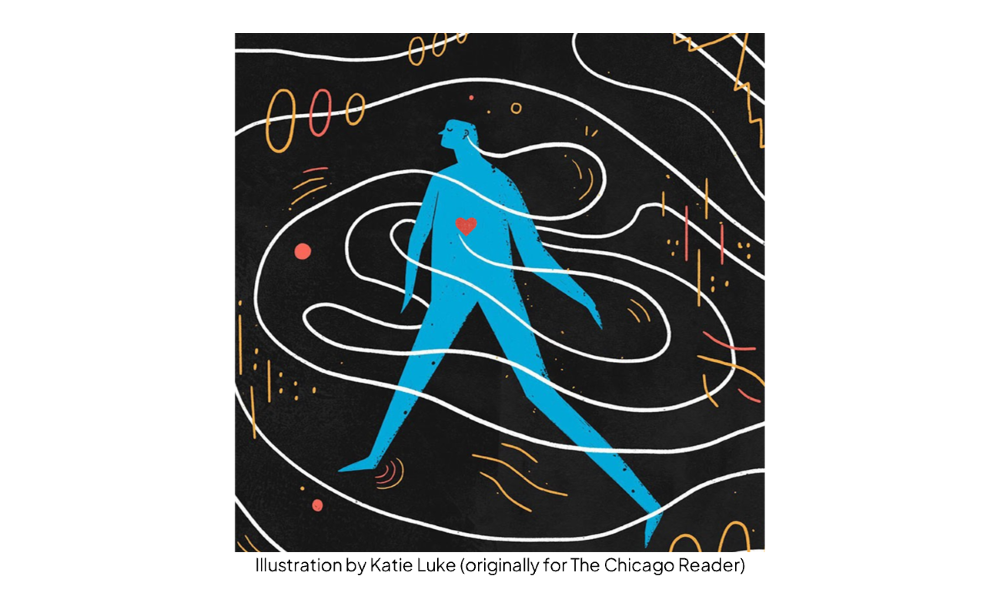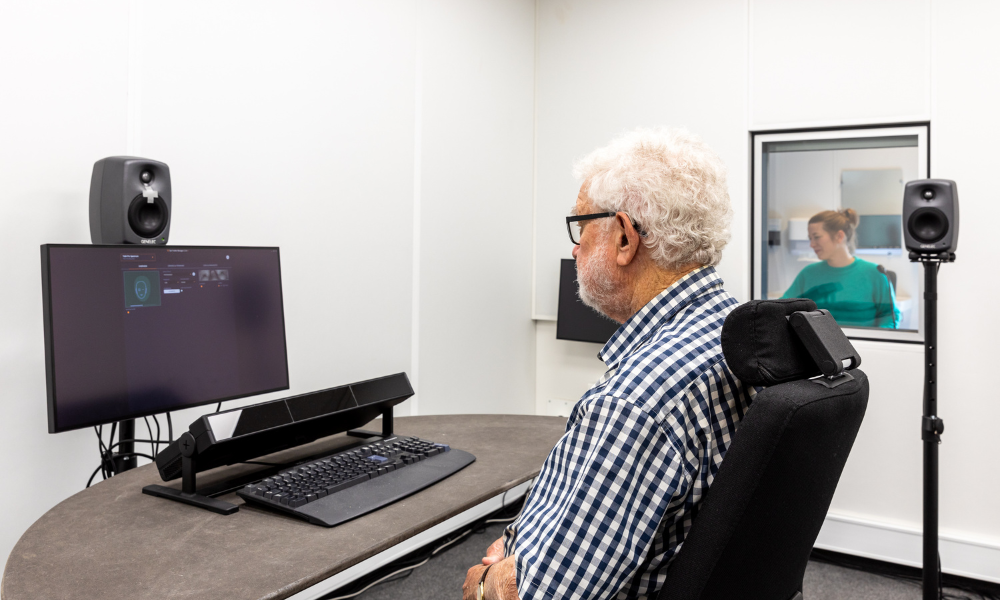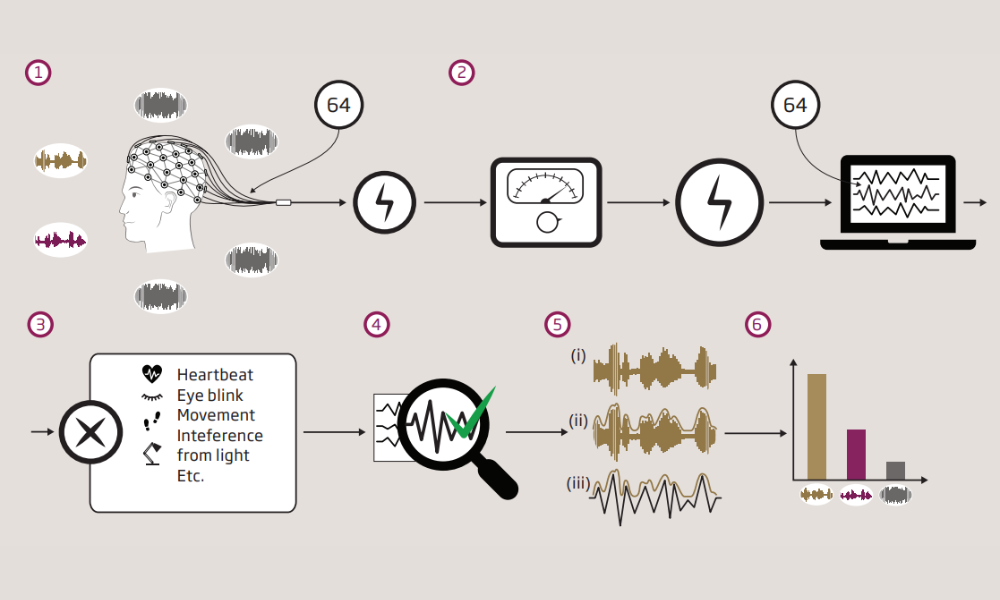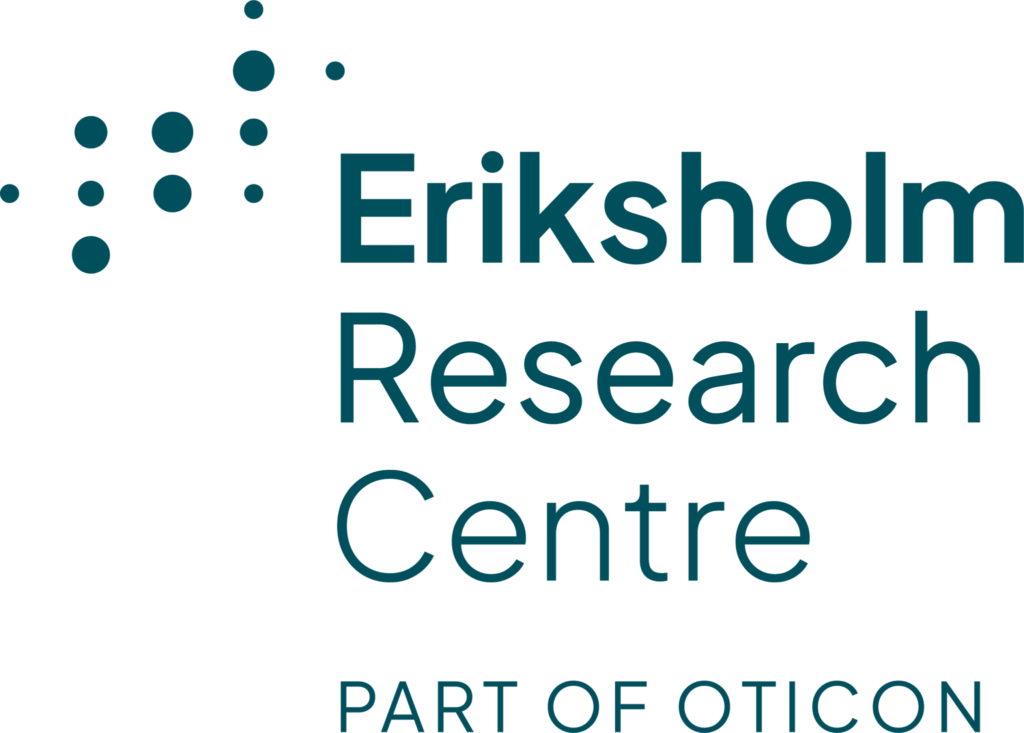Introduction
In today’s aging European population, hearing impairment is an increasing concern for public health and social participation, affecting one in three older adults. The Marie-Curie ITN project “Innovative Hearing Aid Research – Ecological Conditions and Outcome Measures” HEAR-ECO project received funding from the European Union’s Horizon 2020 research and innovation program to address this concern by developing and combining new tools and outcome measures for realistic communication and translating these tools into innovative developments and evaluations of new technology for those with hearing loss. HEAR-ECO aim to train a new generation of hearing scientists that are able to integrate conventional Audiology with Motivational and Social psychology (motivation to listen, cognition), Psychophysiology, and hearing-aid technology.
Aims
The major aim of HEAR-ECO was to train six PhD candidates to become entrepreneurial experts in an emerging field, combining audiological, motivational and social psychological and psychophysiological perspectives on hearing-aid technology.
The project furthermore aimed to develop ecologically valid listening tests by taking realistic acoustic conditions into consideration as well as social consequences of failure. The overall scope was to better understand the effects of task demands, motivation and fatigue on listening effort in people with hearing difficulties and to evaluate the effect of hearing-aid characteristics in real-world conditions.
Methodology
Results
The project was finalized with a workshop in 2022 summarizing the findings of the individual projects. Overall, the HEAR-ECO results and discussion during the final workshop illustrated that the acquisition of physiological measures associated with listening effort in ecological listening conditions is of great importance and of interest to many researchers.
Labs in various disciplines currently contribute to the development and validation of sensitive parameters, analysis methods and relevant constructs. To summarize, the findings of the project were able to shed some lights on the concept of listening effort, the clinical relevance of current methods, the quest for ecologically valid test conditions, and the value of various physiological indices.
Check out HEAR-ECO page here.
